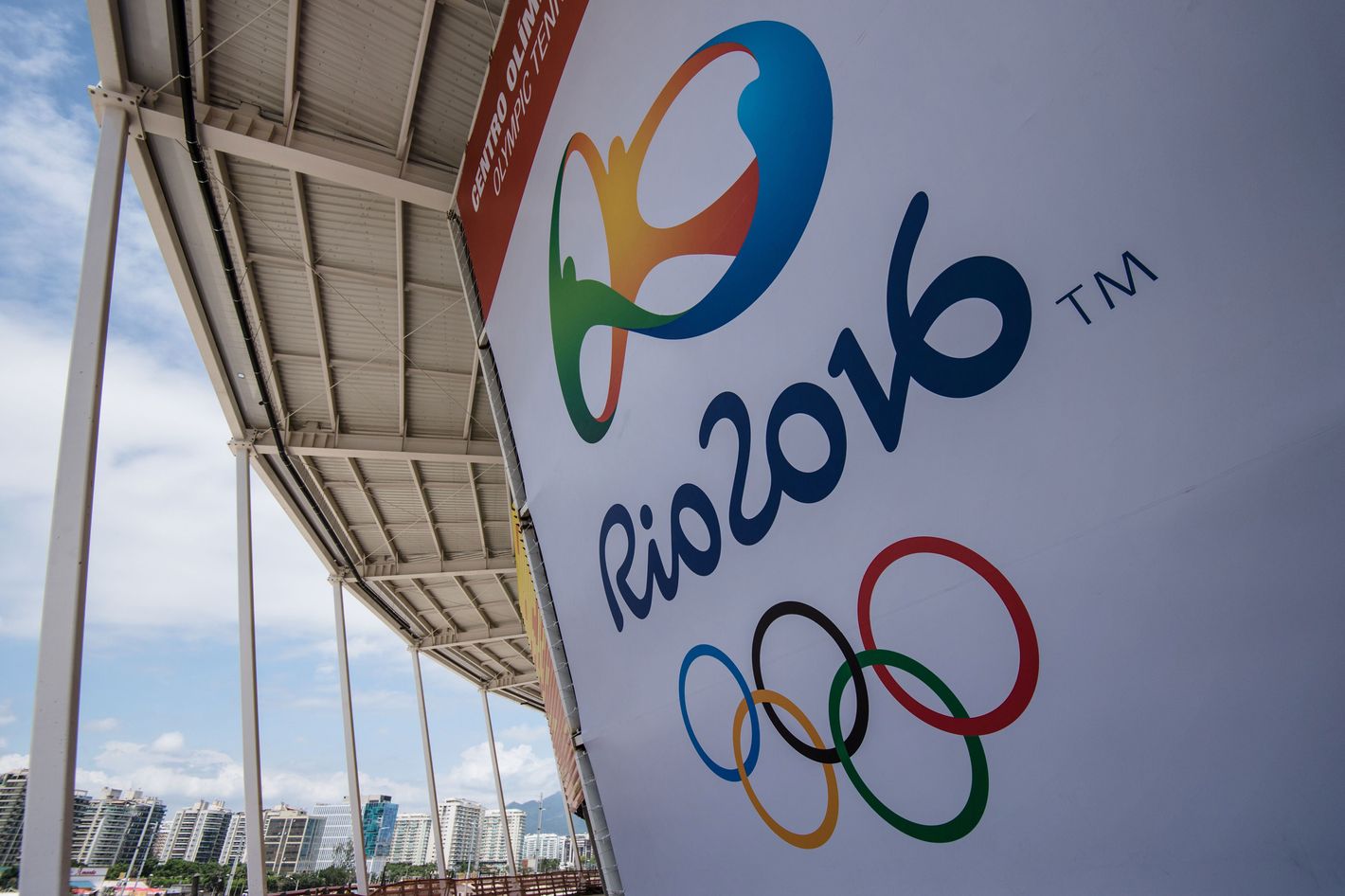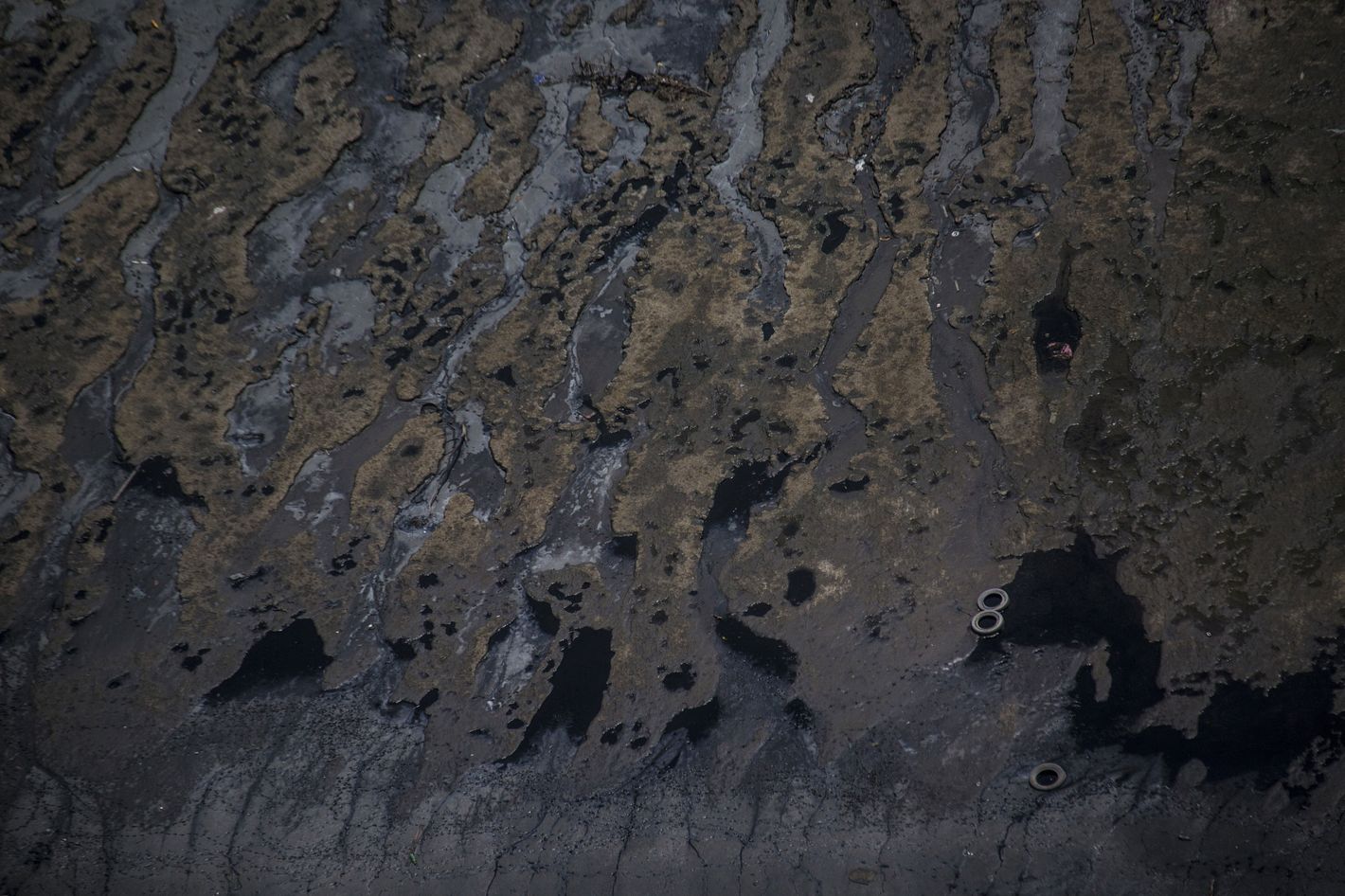
One week before the 2016 Summer Olympics even begin, everyone paying attention seems to be girding themselves for a disaster. Despite promises from officials that Rio de Janeiro would undergo dramatic environmental cleanup ahead of the games, waterways where some athletes will be performing are still teeming with pollution — prompting one local doctor to tell the New York Times that “foreign athletes will literally be swimming in human crap.” Some of the facilities are unfinished, forcing at least one of the nation’s athletes out of the village in search of last-minute alternative housing.
And then there are the security concerns: Last week, Brazilian police announced they’d arrested the tenth suspect in a terror-cell plot, but in the midst of worries about lone-wolf attacks, the government only just contracted a relatively unknown firm to hire and train more than 6,000 security screeners for the event — a delay one U.S. expert told The Wall Street Journal was “staggering.” The panic over the country’s crime problem is bad enough that a Brazilian soccer star took to Instagram earlier this year to issue a dire warning: “I advise everyone with plans to visit Brazil for the Olympics in Rio — to stay home. You’ll be putting your life at risk here. This is without even speaking about the state of public hospitals and all the Brazilian political mess. Only God can change the situation in our Brazil.” He wasn’t the only one urging people to stay away: In late May, more than 150 doctors and scientists from around the world penned an open letter asking for the Games to be moved or postponed because of public-health concerns related to the Zika epidemic.
Even Sochi — with its double toilets and packs of wilds dogs and meta-controversy over Russia’s record on gay rights — seemed relatively well-prepared by comparison. At least critics of the problems in the run-up to the 2014 Games had a visible leader in Vladimir Putin, at whom they could direct their anger; in Brazil, it seems like no one is in control. The problems are much bigger than unfinished construction sites. The country is still reeling from a political crisis that forced the ouster of its first female president by her opponents — a highly controversial move that said president, Dilma Rousseff, has called a “coup” — while a wider-ranging corruption scandal threatens to call into question the legitimacy of much of the political establishment. Brazil is also in the midst of its worst recession since the 1930s. Rio hasn’t been spared: Last month, the governor decreed a “state of calamity,” warning of a possible “total collapse in public security, health, education, mobility, and environmental management” thanks to cash shortages, which might make Brazil unable to fully honor its commitment to hosting the Olympic Games.

Photo: Dado Galdieri/Bloomberg/Getty Images
It doesn’t help that the Olympic community has been overshadowed by a scandal of its own: the revelation that Russia plays host to an intensive, state-sponsored doping scheme. So much bad news is, it turns out, bad for business: A BBC World Service poll of 19 countries showed that people are less interested in watching the Games this year.
It wasn’t supposed to be this way. Back in 2009, when Rio won its Olympic bid, Brazil was coming off of years of solid GDP growth, making it one of the most dynamic emerging economies in the world. But a lot can change in seven years: The price of oil and other Brazilian commodities have collapsed, and Brazilian leaders haven’t helped when they’ve tried to hide ever-expanding deficits by fudging the numbers.
The response from officials has been somewhere between defensive and dismissive. “We have safely hosted other big events,” one army official in charge of security told reporters. “The Olympic Games, a bigger affair, will be equally successful.”
He may be right. It’s possible that the panic about the Games will amount to little more than media hype. After all, Brazil hosted the 2014 FIFA World Cup without major incident, and it would hardly be the first host country to be criticized for pollution or poorly planned construction. The more important question is what impact the Games will ultimately have for the people of Brazil. Brazilians are not optimistic: 60 percent of them told pollsters recently that the Games will do more harm than good. “I feel totally excluded. The Olympics has just brought the destruction of my home,” one woman from Rio told The Guardian, after the government issued a decree allowing for the forcible relocation of her and her neighbors from their homes. The conflict turned into a bloody clash with police in June, when the residents say they tried to form a human chain around some homes about to be demolished and were met with violent police, who used pepper spray and rubber bullets on them.
Olympic events have always been messy, complicated affairs. The difference is that usually those stories are swept aside by the pageantry of the Games. In Rio, the pageantry might not be enough. Brazil’s problems have become impossible to ignore.



